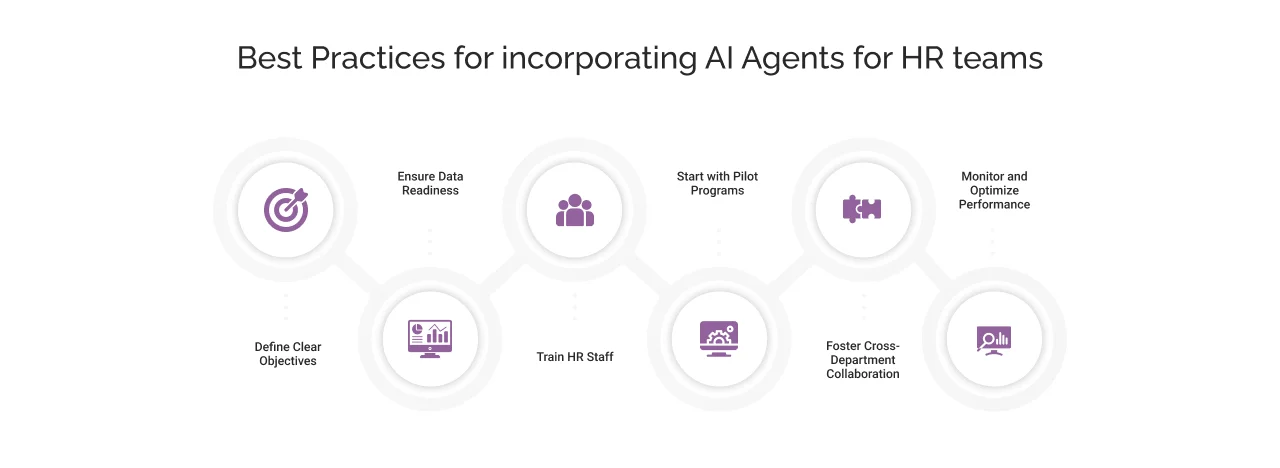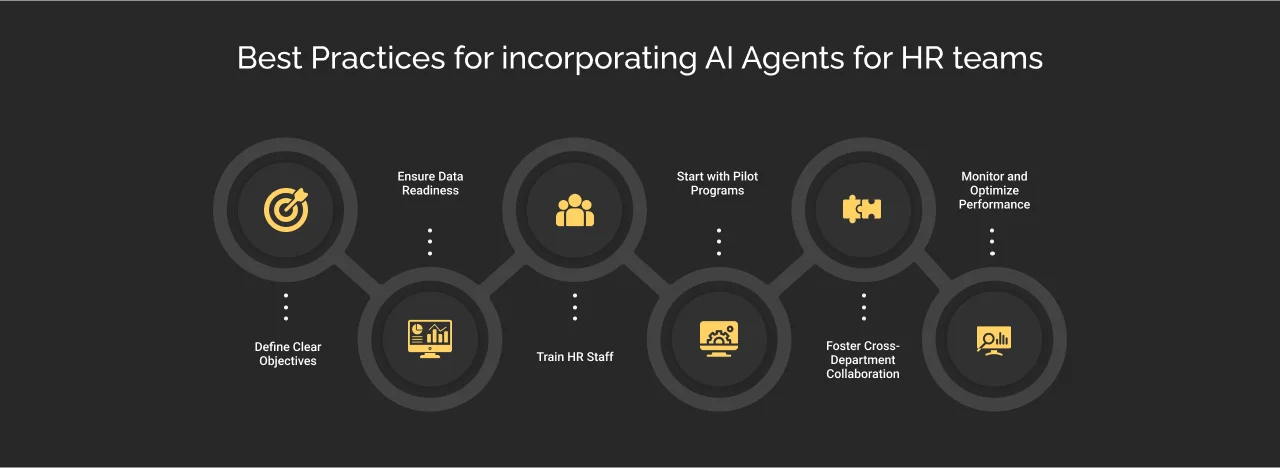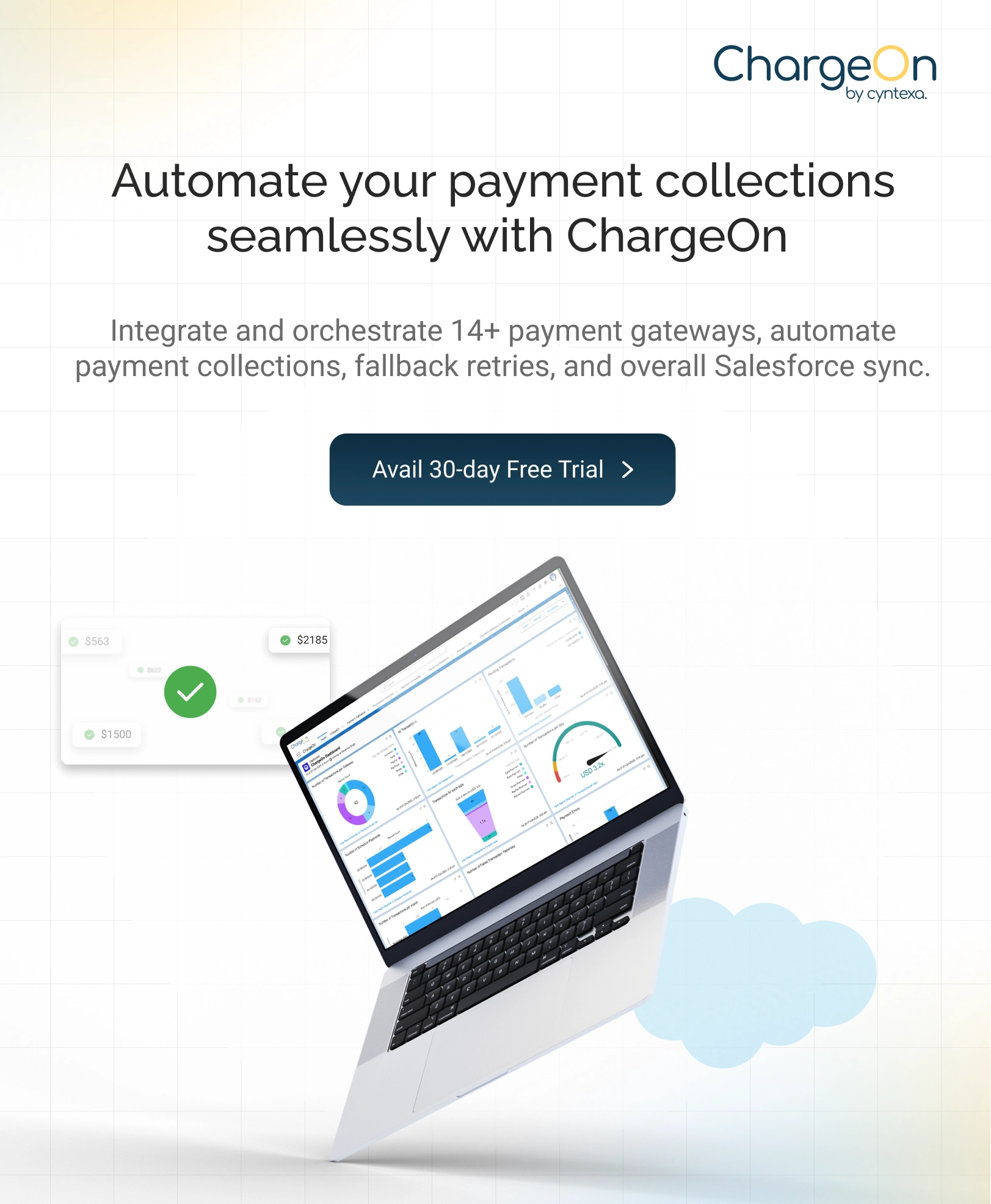How Organizations are Leveraging ServiceNow AI Agents in Human Resources (HR)?
Table of Contents
Human resources (HR) departments in 2025 face a dynamic set of challenges. The HR teams find themselves overly burdened with time-consuming tasks like recruitment, onboarding, and answering repetitive employee queries about benefits or policies, which consume valuable resources. Not just that, they have to adhere to ever-changing compliance regulations, monitor employee engagement, and analyze workforce data. All these challenges restrain HR teams and limit them from going beyond their potential to resolve complex employee issues and develop future leaders.
Though some things have changed, as more than 43% organizations have opted for the HR platforms that support chatbots. (Gartner) But honestly, even after having chatbots deployed, HR teams feel exhausted as chatbots can’t handle a high volume of requests. Moreover, the employees don’t get contextually relevant answers, eventually frustrating them and ruining their experience.
Here, having autonomous systems that automate routine administrative tasks while providing data-driven insights for decision-making would be a strategic move. That’s where ServiceNow steps in with its ServiceNow AI Agents. They enable HR teams to dedicate more time to complex, human-centric tasks like building a positive workplace culture and driving organizational success. This blog explores how organizations are leveraging ServiceNow AI Agents to transform HR operations, making them more efficient and employee-focused.
ServiceNow AI Agents HR Capabilities
Here’s what ServiceNow AI agents can do to streamline HR operations seamlessly:


Automate Administrative HR Tasks
The agent can handle repetitive processes such as payroll processing, benefits enrollment, time-off requests, and onboarding/offboarding. This can help reduce manual efforts made by the HR teams and significantly reduce errors. Moreover, they provide instant resolution to the employees by answering their queries about policies, benefits, ensuring round-the-clock accessibility, reduced wait times, and satisfaction for the employees.
Enhance Recruitment Process
They can streamline the recruitment process by screening resumes, scheduling interviews, and communicating with candidates, reducing manual effort and bias. Also, did you know that over 50% of workers are confident that AI-powered HR tools will avoid bias based on race, gender, or age? (ServiceNow, Inc.)
Example: Filtering resumes to match job requirements, significantly cutting down manual screening time, and promoting fairer hiring practices.
Ensure Compliance
The agents can help teams validate HR processes against company policies and regulations. This can help maintain audit-ready documentation to minimize legal risks. Furthermore, the teams can set guardrails, permissions, and monitor the agent’s response to compliance adherence through the ServiceNow AI Control Tower.
Deliver Data-Driven Insights for Performance Management
They can automate the collection of performance data and provide feedback insights to the HR teams. The agents can also analyze workforce data to predict turnover risks, identify skill gaps, or forecast hiring needs. This can simplify the evaluations and enable them to focus on providing meaningful feedback to the employees.
Learning and Development for employees
Based on the employee’s performance, the agents can recommend personalized training courses and track their progress. They can also analyze sentiment from surveys and other sources to identify disengagement trends and suggest measures for HR teams to improve morale.
Examples of AI Agents in Action for ServiceNow HRSD
Let’s look at two hypothetical scenarios to understand how agents function, one from the HR team’s perspective and the other from an employee’s perspective.
From the HR Team’s Perspective: Managing Benefits Enrollment
Scenario 1: An employee, Julie, logs into the HR self-service portal and asks, “What are my health insurance options for next year?”
AI Agent’s course of action:
- Request gets initiated: As Julie initiates a conversation with the agent, inquiring about her health insurance. The agent would address the request and then move further.
- Retrieve Employee Profile: The AI agent accesses Julie’s profile, including her role, location, and family status, to provide a tailored response.
- List Available Plans: It presents a clear list of health insurance plans, including costs, coverage details, and any updates from the previous year, in a user-friendly format.
- Answer Follow-Up Questions: When Julie asks, “Which plan is best for someone with a chronic condition?”, the AI agent uses predefined logic or machine learning to recommend a plan with higher coverage for specialist visits and prescriptions.
- Guide Enrollment: The AI agent walks Julie through the enrollment process, ensuring all forms are completed accurately and submitted by the deadline. It sends reminders if the deadline approaches without completion.
Benefit for HR Team: By handling routine inquiries and guiding employees through enrollment, the AI agent frees HR teams to focus on strategic tasks, such as analyzing enrollment trends, negotiating with insurance providers, or developing new benefits packages. This reduces administrative workload and enhances HR’s ability to contribute to organizational goals.
From the Employee’s Perspective: Requesting Time Off
Scenario 2: Alex, an employee, needs to request time off for a family vacation from August 15–20. He logs into the HR self-service portal to submit his request.
AI Agent’s course of action:
- Request gets initiated: Alex selects the “Request Time Off” option and enters the dates. The AI agent prompts him to confirm the details.
- Check policy compliance: The AI agent verifies the request against company policies, ensuring it meets advance notice requirements, checks Alex’s leave balance, and confirms no conflicting company holidays or blackout dates.
- Instant approval: If the request complies, the AI agent approves it immediately, updates the company’s calendar system, and notifies Alex with a confirmation message.
- Notify manager and offer support: The AI agent sends an email to Alex’s manager, informing them of the approved leave. If Alex needs to adjust his work schedule, the AI agent provides guidance or directs him to relevant resources.
Benefit for Alex: Alex receives instant approval without waiting for HR intervention, making the process quick and stress-free. The 24/7 availability ensures he can submit requests at his convenience, enhancing his overall experience with HR services.
Best Practices for incorporating AI Agents for HR teams
To maximize the benefits of AI agents, HR teams should adopt the following best practices to ensure successful integration and sustained impact:


- Define Clear Objectives: Establish specific, measurable goals for AI implementation, such as reducing time-to-hire candidates or improving employee satisfaction scores.
- Ensure Data Readiness: AI agents rely on high-quality data. Ensure HR data is accurate, complete, and integrated across systems to enable effective automation and insights. Make sure to regularly perform data audits can prevent errors and enhance performance. Also, regularly audit AI agents for biases, particularly in recruitment or performance evaluations, and ensure compliance with regulations like GDPR or other relevant regulations.
- Train HR Staff: Equip HR teams with training on AI fundamentals, data literacy, and change management. This ensures they can use AI agents effectively, interpret outputs, and guide employees through the transition.
- Start with Pilot Programs: Begin with small-scale projects, such as automating benefits enrollment or time-off requests, to test AI agents and refine processes before full deployment. Pilots help identify challenges and build confidence in AI solutions.
- Foster Cross-Department Collaboration: Work with IT and legal teams to ensure seamless integration and alignment with organizational goals. Inform employees about how AI agents will enhance their experience, such as faster query resolution or personalized support. This collaboration will help address technical and compliance challenges early.
- Monitor and Optimize Performance: Use metrics like resolution times, cost savings, and employee satisfaction to evaluate AI agent performance. Also, continuously refine processes based on feedback and data insights.
By following these best practices, HR teams can integrate ServiceNow AI agents seamlessly, maximizing efficiency and enhancing employee experiences while maintaining a focus on strategic priorities.
Real-world examples of businesses using AI agents for HR teams
Here are some of the businesses that have leveraged AI agents for the success of their HR teams:
| Real-world examples of businesses using AI agents for HR teams | |||
|---|---|---|---|
| Company & Industry | Challenge | Solution | Benefits |
| Hitachi Vantara (Data Infrastructure & Digital Innovation) | Legacy HR systems, manual expense reporting, and slow timesheet processes | ServiceNow AI Agents automated workflows and extracted data from receipts and calendars | 1. Effective reduction in developer effort 2. Boost in productivity 3. Increase in employee satisfaction |
| Siemens AG (Industrial Manufacturing) | Disconnected systems globally, complex HR workflows, poor employee experience | Unified platform with ServiceNow AI resolving tickets and automating routine tasks | 1. Faster monthly ticket resolutions 2. Improved onboarding satisfaction |
| AstraZeneca (Biopharmaceuticals) | Manual lab supply orders, burdensome admin tasks, and slow onboarding | ServiceNow AI automated requests, streamlined workflows, and onboarding | 1. Multiple hours saved for hiring managers 2. Annual lab requests were optimally streamlined |
| Mears Group (Social Housing & Public Services) | Fragmented service requests, low adoption of self-service, slow HR response | AI-enhanced portal with Now Assist deflecting support calls and summarizing cases | 1. Significant increase in self-service usage 2. Faster, more efficient HR case handling |


End note
Integrating intelligent automation into HR operations has become essential for organizations aiming to stay agile and efficient. ServiceNow’s capabilities are helping HR teams streamline processes, reduce repetitive workloads, and enhance service delivery. This balanced approach combines technology’s strengths with the empathy and nuance critical to the HR department.
If you’re ready to take the next step, our ServiceNow AI Agents consulting experts can guide you through tailored solutions that align with your goals and values. Let’s build a future-ready HR organization together!
Get in touch with our experts today.
Don’t Worry, We Got You Covered!
Get The Expert curated eGuide straight to your inbox and get going with the Salesforce Excellence.
AUTHOR
Shruti
ServiceNow, Sales Cloud
Shruti is a ServiceNow Consultant with 5+ years of experience across ServiceNow ITSM, AWS, Salesforce Loyalty Management, and managed services. She blends technical expertise with strategic insights to deliver transformative IT services and CRM solutions that enhance efficiency and customer satisfaction.


Cyntexa.
Join Our Newsletter. Get Your Daily Dose Of Search Know-How






